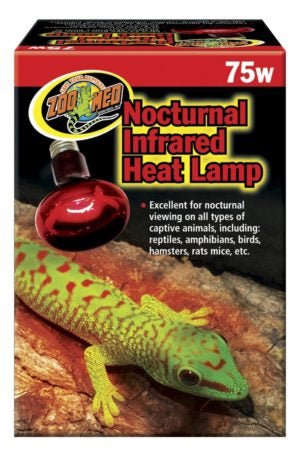Contrary to popular myth, reptiles can see red light. For nocturnal reptiles, it's unnecessary because they can see just fine in the dark, and for diurnal reptiles it can negatively affect the quality of their sleep. Providing light at night may also disrupt your reptile's circadian rhythm.
If you need a nighttime heat source due to nighttime temps too cold for your reptile's needs, we recommend purchasing the Zoo Med Ceramic Infrared Heat Emitter as an alternative.Related products
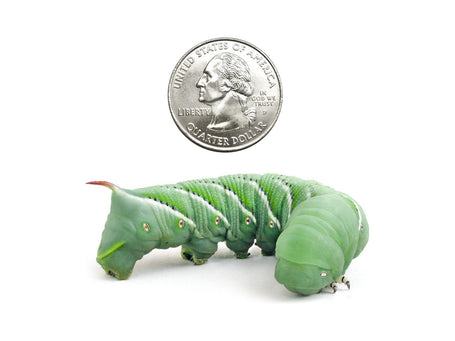 Sale
Sale
Medium Hornworms
DubiaRoaches.com
What are hornworms? Hornworms are the larvae of the Hawk Moth/Sphinx Moth (Manduca sexta). In the wild, they feed primarily on the leaves of plants...
View full details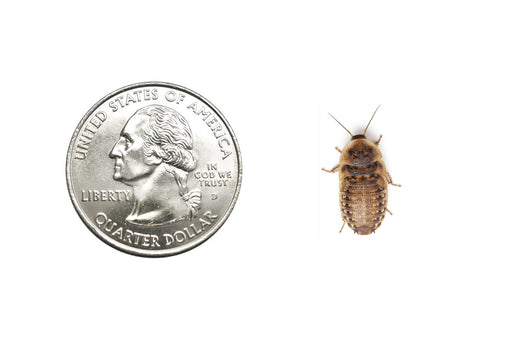 Sale
Sale
Medium 5/8" Dubia
DubiaRoaches.com
Nutritious and affordable, dubias (Blaptica dubia) are rapidly becoming one of the most popular feeder insects in the hobby! Our 5/8" medium dubia...
View full details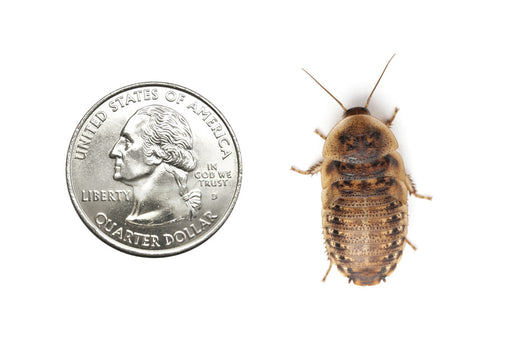 Sale
Sale
Large 1" Dubia
DubiaRoaches.com
Our large dubias are approximately 1" long, making them an excellent size to feed to medium-sized exotic pets including bearded dragons, leopard ge...
View full details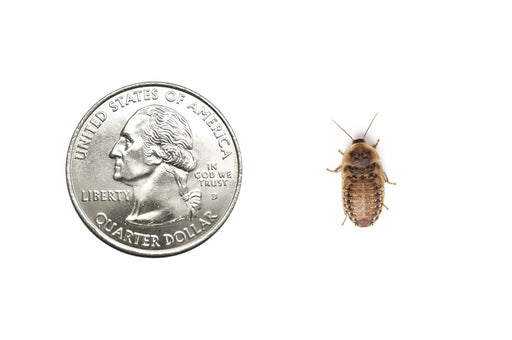 Sale
Sale
Small 1/2" Dubia
DubiaRoaches.com
Nutritious and affordable, dubias (Blaptica dubia) are rapidly becoming one of the most popular feeder insects in the hobby! Our small dubias are ...
View full details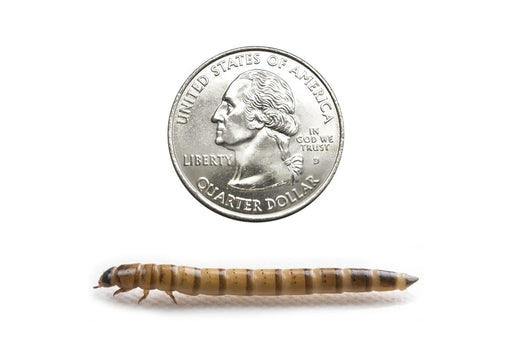
Large Superworms
DubiaRoaches.com
Superworms are the larvae of the Zophobas morio darkling beetle. They're similar to mealworms, but larger and fattier, making them good as an occas...
View full details
